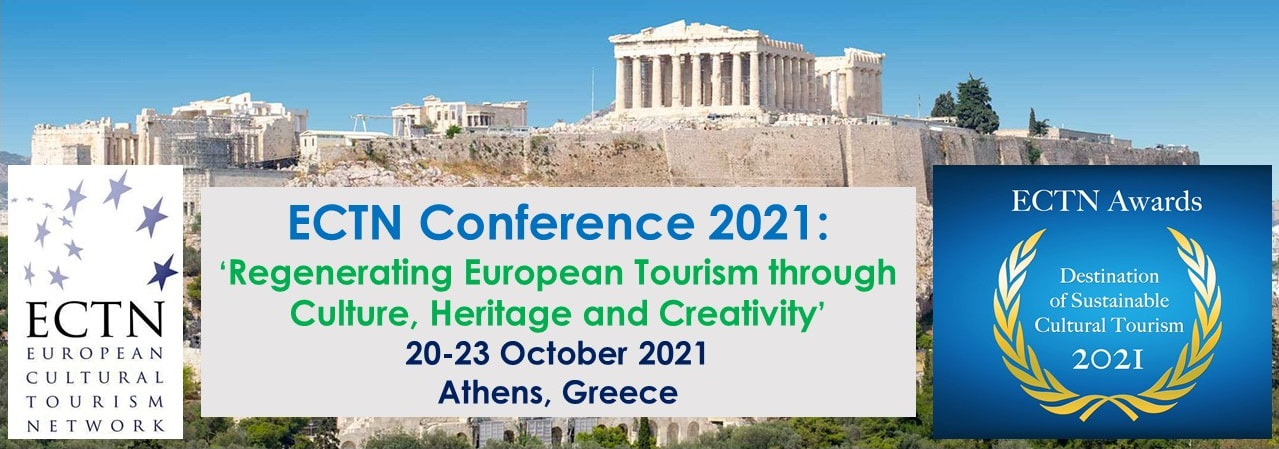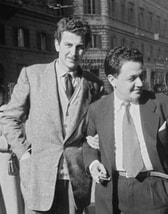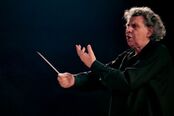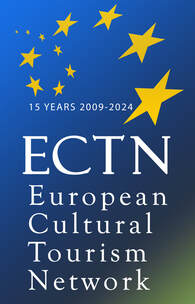Music Tributes
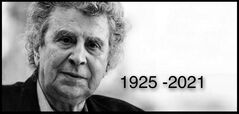
A tribute to the great Geek composer and musician Mikis Theodorakis (1925-2021),
by ECTN
Music by an ensemble of the National Conservatoire of Athens
ECTN annual Conference opening ceremony, Athens, Greece, 20 October 2021
by ECTN
Music by an ensemble of the National Conservatoire of Athens
ECTN annual Conference opening ceremony, Athens, Greece, 20 October 2021
|
Mixed music by an ensemble of the National Conservatoire of Athens and 'Rebetiko Kompania' of Eva Xenou, singer ECTN annual Conference and Awards ceremony, Athens, Greece, 20-21 October 2021 |
|
A tribute by ECTN to 'Rebetiko' Greek traditional popular music
Inscribed in 2017 on the UNESCO Representative List of the Intangible Cultural Heritage of Humanity
Application by Hellenic Ministry of Culture and Sports in 2016
Music by 'Rebetiko Kompania' of Eva Xenou, singer
ECTN Awards ceremony, Athens, Greece, 21 October 2021
Inscribed in 2017 on the UNESCO Representative List of the Intangible Cultural Heritage of Humanity
Application by Hellenic Ministry of Culture and Sports in 2016
Music by 'Rebetiko Kompania' of Eva Xenou, singer
ECTN Awards ceremony, Athens, Greece, 21 October 2021
|
Rebetiko is a musical and cultural expression directly linked to song and dance that initially spread among the urban lower and working-class populations in the early twentieth century. Rebetiko songs are now a standardized repertoire in almost every social occasion involving music and dance. The element is performed in public and performers encourage audience participation. The practice is open to all and bearers could include any Greek or Greek-speaking person who enjoys this form of music and dance. Rebetiko songs contain invaluable references to the customs, practices and traditions of a particular way of life, but above all the practice is a living musical tradition with a strong symbolic, ideological and artistic character. Initially, transmission occurred exclusively orally, through the live performance of songs and the instruction of younger performers with older instrumentalists and singers. This non-formal method of learning is still important, but the recent spread of sound recordings, the mass media and cinema have reinforced other methods of transmission. In the past decade, Rebetiko has increasingly been taught in music schools, conservatories and universities, contributing to its wider dissemination, and the musicians and people who enjoy Rebetiko continue to play a key role in keeping the practice alive.
|
|

